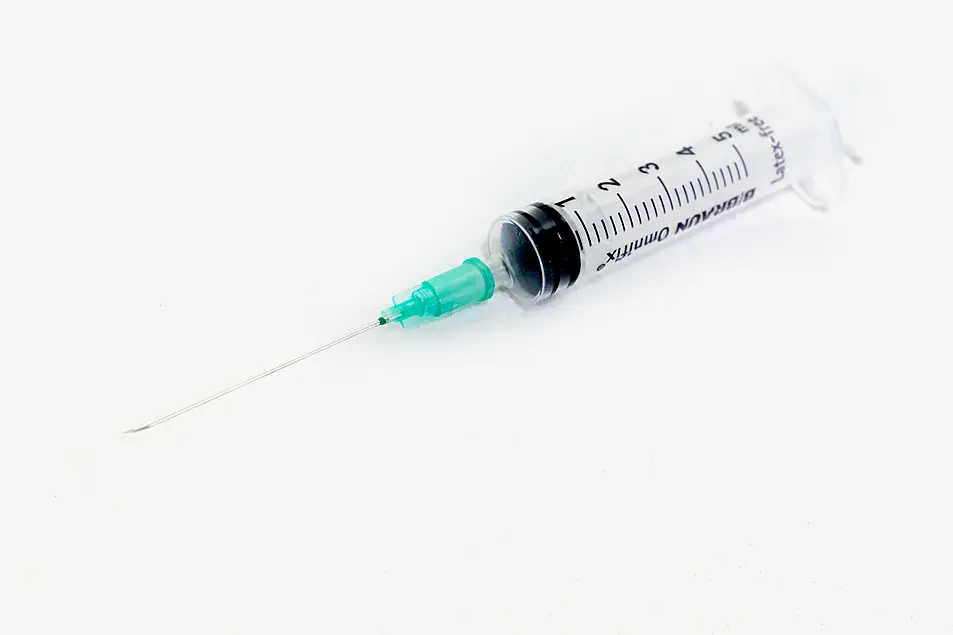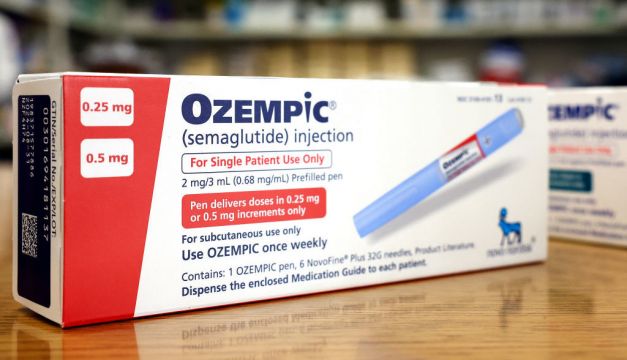With new research emerging, more questions have been raised about weight-loss injections, how they work, and the risks involved.
Here are some of your questions answered.
What are weight loss injections?
Championed by some celebrities, including Elon Musk, weight loss injections were originally created to treat people with type 2 diabetes and other weight-related health issues.
They are a type of prescription-based medical treatment that interferes with your metabolism, regulates your appetite and as a result encourages weight loss.
The drugs belong to a class of medications known as glucagon-like peptide-1 receptor agonists, or GLP-1 RAs, which mimic the GLP-1 hormone, released in the gut after eating some food.
The only FDA-approved stomach injections to help with weight management are semaglutide — sold under the brand names Ozempic, Wegovy and Rybelsus — and liraglutide — sold under Saxenda. But others are in development.
There has been so much in the news on weight loss injections - here are some facts around them
Remember the goal should be good health rather than weight, and that is multifaceted: eat whole foods, sleep more, move more, socialise well etc
Hope this is useful x pic.twitter.com/XPleWpAJpW— Dr Amir Khan GP (@DrAmirKhanGP) June 7, 2023
Helen Knight, programme director of the centre for health technology evaluation at the UK's National Institute for Health and Care Excellence (Nice) said: “We know that management of overweight and obesity is one of the biggest challenges our health service is facing with nearly two-thirds of adults either overweight or obese. It is a lifelong condition that needs medical intervention, has psychological and physical effects, and can affect the quality of life.
“But in recent years Nice has been able to recommend a new line of pharmaceutical treatments which have shown that those people using them, alongside changes to their diet and exercise, have been able to reduce their weight.”
How do they work?
According to Nice’s independent appraisal committee, drugs like semaglutide should only be prescribed to patients as an alternative for weight management — alongside a reduced-calorie diet and increased physical activity in adults.
They should also have a BMI of at least 35.0 kg/m2 (this is medically classified as obese), and especially, to people with a BMI of 30.0 kg/m2 to 34.9 kg/m2, have non-diabetic hyperglycaemia (blood sugar that is above normal but below those needed to diagnose diabetes) or are at high risk of other weight-related conditions such as strokes and heart attacks, due to other factors such as high blood pressure and high cholesterol.
Using semaglutide as an example, a typical dose for weight loss is 2.4 milligrams, administered weekly as under-the-skin self-injections.

How are they going to be rolled out?
Nice formally recommended liraglutide, orlistat and semaglutide as medicines suitable to use for weight loss earlier this year.
And with such drugs also available through online pharmacies by private prescription, a growing number of people have tried the jabs.
If they are prescribed alongside a reduced-calorie diet, increased physical activity, and behavioural support, after a year, people taking them can lose up to 15 per cent of their body weight, with results visible within the first month, according to clinical trials in the UK.

What are the possible side effects?
Europe’s drug regulator, the European Medicines Agency (EMA), is investigating whether patients using some weight loss and obesity jabs are at risk of suicidal thoughts and thoughts of self-harm, which highlights some of the controversy surrounding the phenomenon.
The EMA safety committee said it is looking at cases among people who use a semaglutide or liraglutide-containing medicine for weight loss – where “signals” were raised by the Icelandic Medicines Agency.
“A signal is information on a new or known adverse event that is potentially caused by a medicine and that warrants further investigation,” the EMA said.
“The case reports included two cases of suicidal thoughts, one following the use of Saxenda and one after Ozempic. One additional case reported thoughts of self-injury with Saxenda.
“The semaglutide-containing medicine Wegovy and the liraglutide-containing medicine Saxenda are authorised for weight loss, together with diet and physical activity.
“Suicidal behaviour is not currently listed as a side-effect in the EU product information of these medicines.”
If you have a history of medullary thyroid cancer, gallbladder disease, or even pancreatitis, you should avoid taking weight loss injections like semaglutide.
People who do take the prescription drug for weight loss sometimes experience dizziness, fatigue, and gastrointestinal issues — the most common side effects among patients — such as diarrhoea, constipation and gassiness. They are also at risk of getting headaches and stomach conditions including vomiting, bloating and nausea.







